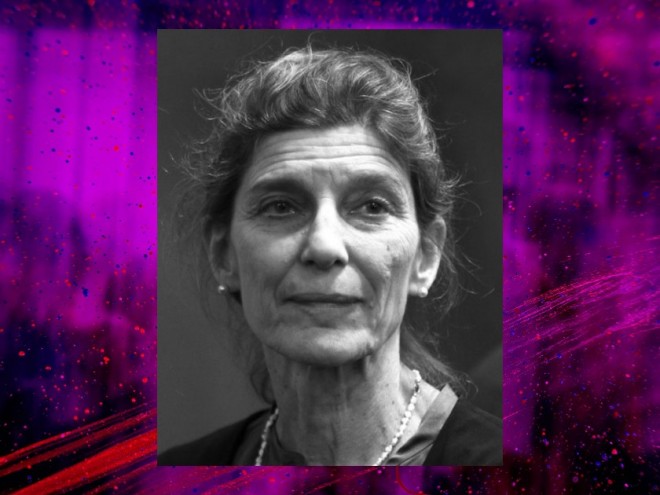
Oświęcim, Auschwitz-Birkenau
When I was nineteen years old, I went to the Curzon cinema in Mayfair in London to see the nine-hour epic documentary Shoah. It was not a normal movie-going experience. Partly it was the length of the film; partly it was the audience. In the room were survivors of the Holocaust. My friend made the mistake of bringing popcorn, but he did not get very far with it. He had barely begun chomping when a woman from a nearby row leaned over and slapped him, hard, on the thigh. In an accent thick with the sound and memories of pre-war Europe, she said: ‘Have you no respect?’
The film left a deep mark, but one of the interviewees stayed with me more than any other. His name was Rudolf Vrba. In the film, he is shown testifying to the greatest horrors in human history, horrors he had witnessed first hand, horrors he had survived. Very briefly he mentions something extraordinary, a fact which made him all but unique among Holocaust survivors. Aged nineteen, no older than I was as I watched the film, he had escaped from Auschwitz.
I never forgot his name or his face, even though, over the decades, I would be struck how few others had ever heard of him. And then, some thirty years after that night in the cinema in 1986, I found myself returning to Rudolf Vrba. We were living in the age of post- truth and fake news, when the truth itself was under assault – and I thought once more of the man who had been ready to risk every- thing so that the world might know of a terrible truth hidden under a mountain of lies.
I never forgot his name or his face, even though, over the decades, I would be struck how few others had ever heard of him.
I began to look into the life of Rudolf Vrba, finding the handful of people still alive who had known him or worked with him or loved him. It turned out that his teenage sweetheart and first wife, Gerta, was living alone, aged ninety-three, in Muswell Hill in north London. Over half a dozen summer afternoons in the plague year of 2020, she and I sat in her garden and talked of a young man, then called Walter Rosenberg, and the world they had both known. She handed me a red suitcase packed with Rudi’s letters, some telling of almost unbearable personal pain. A matter of days after our last conversation, once Gerta had told me the story in full, I got a phone call from her family, letting me know that she had passed away.
Rudi’s second wife and widow, Robin, was in New York. She and I talked for hour after hour too, as she filled in the story of the man Rudolf Vrba became, the memories he had entrusted to her, the love they had shared. What soon became clear as I listened, and as I immersed myself in the official documents, testimonies, memoirs, letters, contemporary reports and historical accounts on which this book is based, was that this was more than the true story of an unprecedented escape. It was also the story of how history can change a life, even down the generations; how the difference between truth and lies can be the difference between life and death; and how people can refuse to believe in the possibility of their own imminent destruction, even, perhaps especially, when that destruction is certain. Those notions were stark and vivid in the Europe of the 1940s. But they seemed to have a new, fearful resonance in our own time.
I also came to realise that this is a story of how human beings can be pushed to the outer limits, and yet still somehow endure; how those who have witnessed so much death can nevertheless retain their capacity, their lust, for life; and how the actions of one individual, even a teenage boy, can bend the arc of history, if not towards justice then towards something like hope.
I left the cinema that night convinced that the name of Rudolf Vrba deserved to stand alongside Anne Frank, Oskar Schindler and Primo Levi, in the first rank of stories that define the Shoah. That day may never come. But maybe, through this book, Rudolf Vrba might perform one last act of escape: perhaps he might escape our forgetfulness, and be remembered.
THE ESCAPE ARTIST. Copyright © 2022 by Jonathan Freedland Reprinted here with permission from Harper, an imprint of HarperCollins Publishers
Jonathan Freedland is a columnist for The Guardian in London. He presents BBC Radio 4’s contemporary history series, The Long View, as well as two podcasts, Politics Weekly America for The Guardian and Unholy, alongside the Israeli journalist Yonit Levi. He is a past winner of an Orwell Prize for journalism and has written 12 books including nine thrillers, mostly as Sam Bourne. The Escape Artist is a 2023 National Jewish Book Award Winner for Biography and Holocaust.



